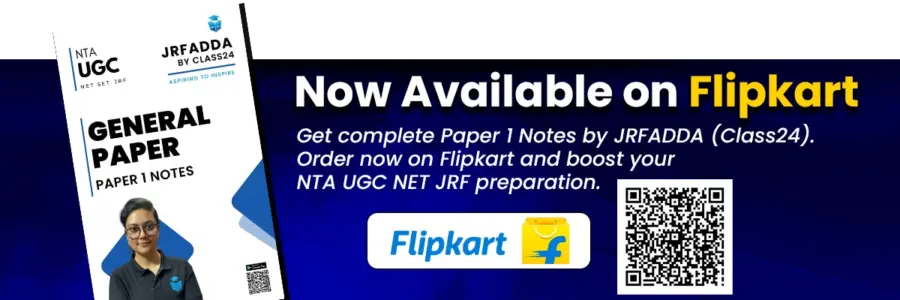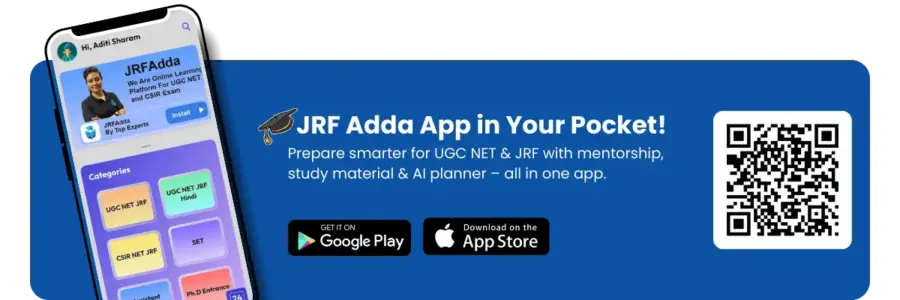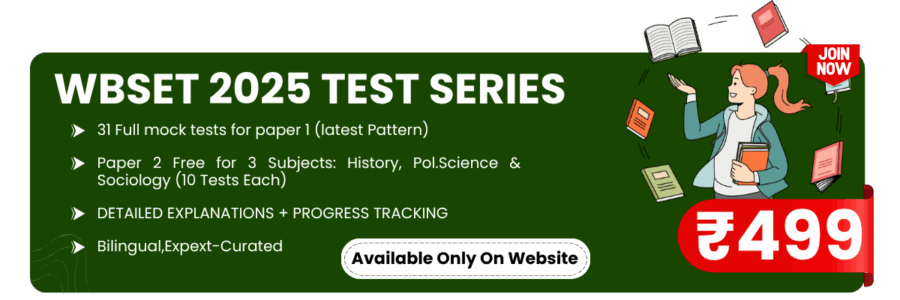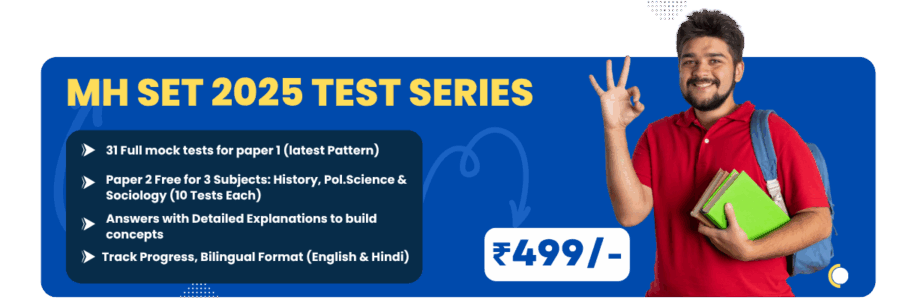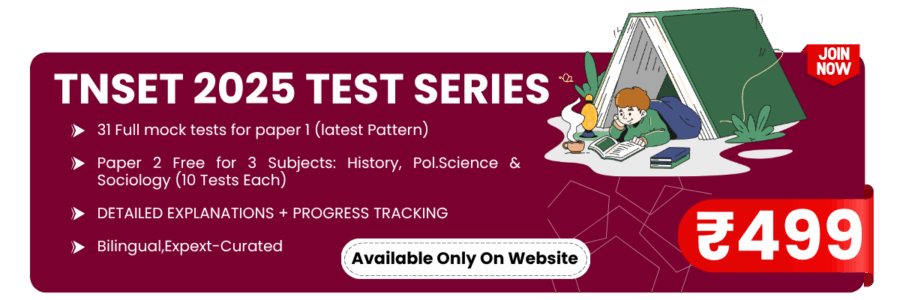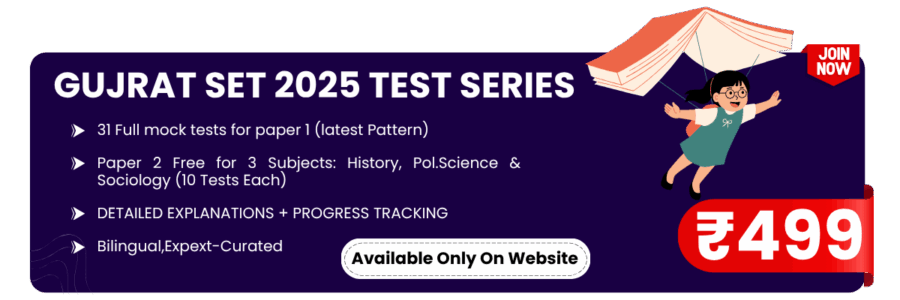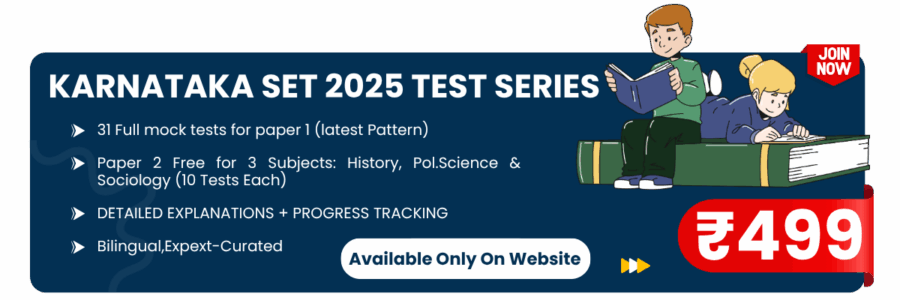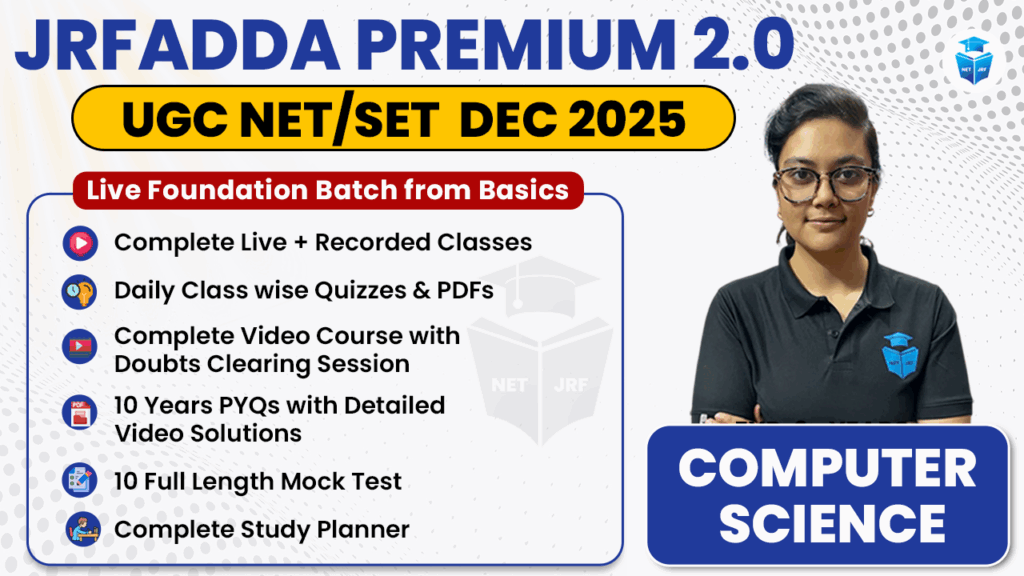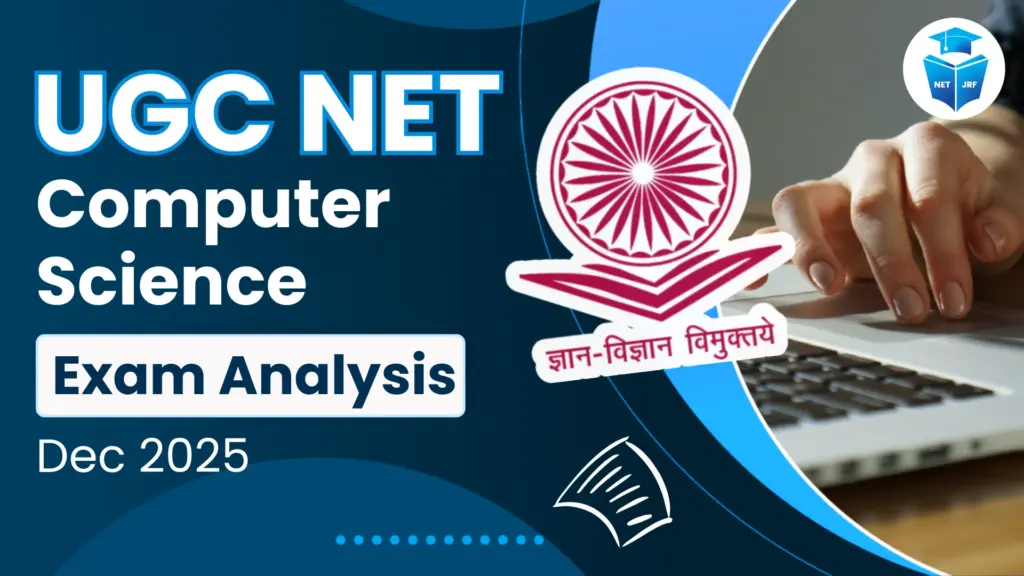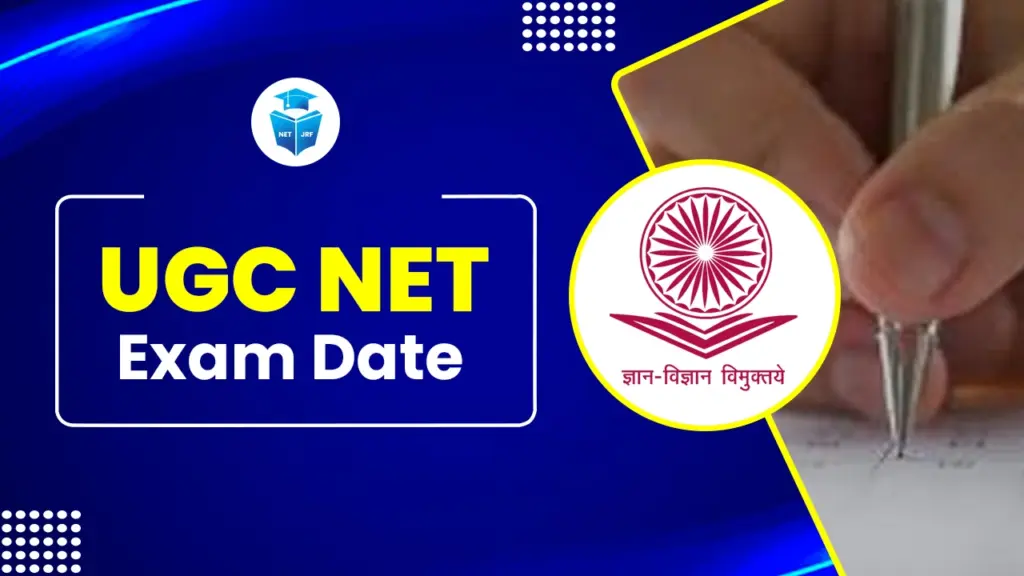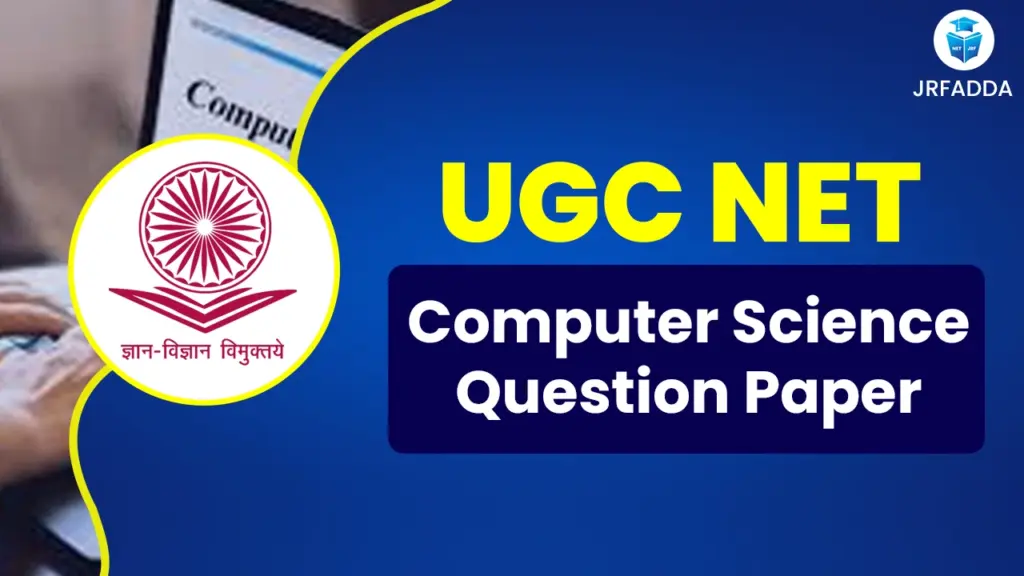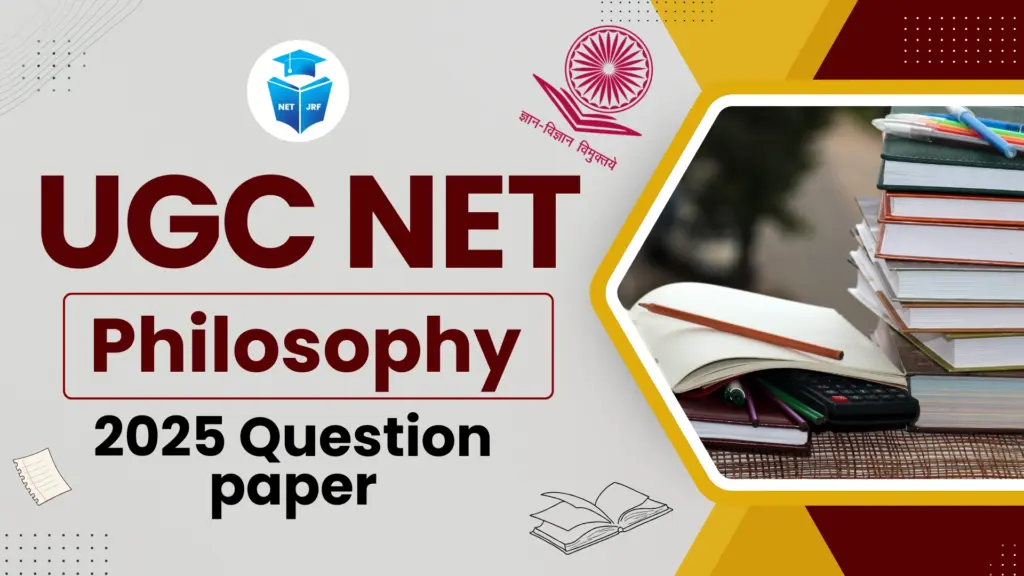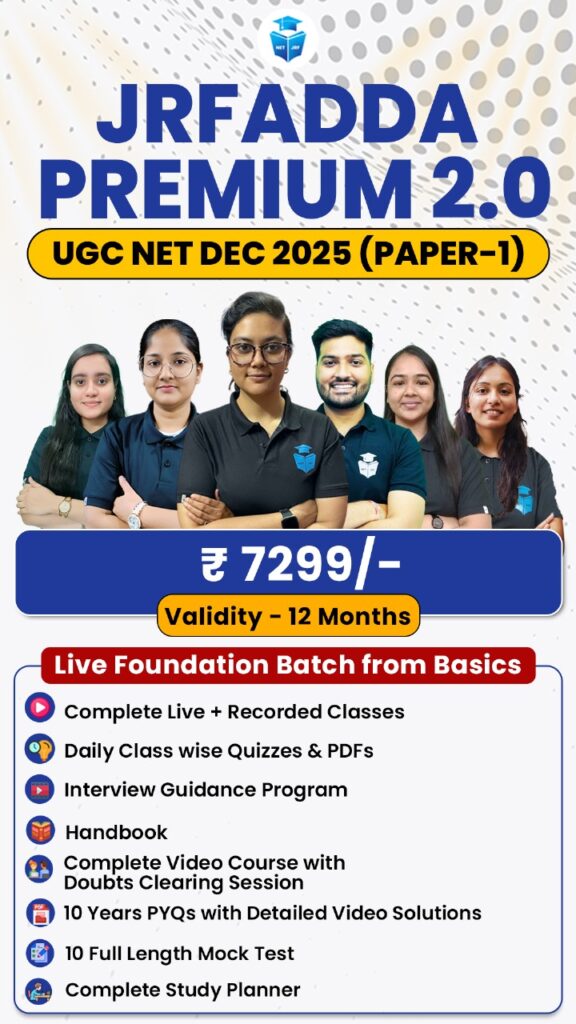TS SET is an elite examination for all the aspiring candidates who aim to be eligible for the post of Assistant Professor and Lecturer in various universities and colleges in the state of Telangana. The test is conducted by Osmania University and the eligibility test is one of the important entry points in the educational field.
TS SET Overview
Telangana State Eligibility Test, abbreviated as TS SET, is one of the very important exams. Osmania University, Hyderabad conducts in partnership with the Telangana State Government. It checks the eligibility of all such candidates to become assistant professors or lecturers at numerous universities and colleges throughout the state of Telangana. The candidates are analyzed with respect to their knowledge and expertise on a topic with which they want to pursue teaching.
The TS SET examination is conducted in General Studies and 29 subjects. These subjects include a wide range of fields such as Humanities, Social Sciences, Natural Sciences and more. Candidates can choose the subject they wish to appear for based on their qualifications and interests.
TS SET Eligibility Criteria
TS SET is an important test for aspirants who would like to become Assistant Professors or Lecturers in colleges and universities across Telangana. The eligibility criteria of candidates who wish to apply for the TS SET exam are as follows:
Educational Qualification
-
- General/Unreserved/EWS: With a minimum of 55% marks in Master’s Degree or equivalent, that is, M.A./M.Sc./M. Com./M.Tech., etc.
- Reserved Categories BC/SC/ST/PwD: With at least 50% marks in Master’s Degree or equivalent.
- Candidates Pursuing Final Year: Applicants pursuing the final year of the Master’s Degree can apply by providing that they obtain the required percentage of marks within two years from the date of result TS SET.
- Transgender Candidates: Eligible for relaxation in fee, age and eligibility criteria, as applicable to the SC/ST/PwD candidates.
- Ph.D. Holders: Those holding a Ph.D. degree and a Master’s degree with the date of completion till 19th September 1991 are granted relaxation in marks by 5% (50% marks instead of 55%).
- Foreign Degrees: Foreign degree holders have to verify their equivalency from AIU.
- TS SET Age Limit: No upper age limit for applying.
TS SET Examination Fee and Payment Details
Candidates can pay the examination fee through various online payment options like Credit Card, Debit Card, UPI, or Net Banking. Here it is to be noted that additional processing charges as applicable will also be deducted along with the chosen payment option. It should be noted that payments by Money Order, Demand Draft, IPO, or any such offline mode will not be accepted for the TS SET examination.
Once the examination fee is made, it will be Non-Refundable under all circumstances and Non-Amount transferable also. Due to this reason, aspirants need to confirm while applying online, the payment goes in their respective account correctly or successfully. TS SET exam charges for a candidate is payable category wise as illustrated:
| Category | Fee (Rs.) |
| General (UR) | 2000/- |
| BC / EWS | 1500/- |
| SC/ST/VH/HI/OH/Transgender | 1000/- |
TS SET Exam Pattern
The TS SET examination consists of two papers, with only objective-type questions appearing in each paper. The test is scheduled to be conducted in one session and will last 3 hours in total. Both papers are meant to assess the candidate’s all-round aptitude for teaching as well as their knowledge in the subject of their choice in depth. The structure of the papers is given below:
| Session | Paper | Number of Questions | Marks | Duration |
| I | Paper I | 50 (All compulsory) | 100 | 3 Hours |
| Paper II | 100 (All compulsory) | 200 |
TS SET Centers of Examination
TS SET is conducted in Computer-Based Test (CBT) mode. The exam takes place across 10 districts of Telangana, ensuring a wide reach for candidates across the state.
| S.No. | Regional Centre |
| 1 | Adilabad |
| 2 | Hyderabad |
| 3 | Karimnagar |
| 4 | Mahabubnagar |
| 5 | Nalgonda |
| 6 | Nizamabad |
| 7 | Warangal |
| 8 | Khammam |
| 9 | Medak |
| 10 | Ranga Reddy |
Note : No request for change of centre will be entertained under any circumstances. (As per 2024 examination criteria)
TS SET Application Form
TS SET Application Form is the initial stage for those who are appearing for the Telangana State Eligibility Test. TS SET Application Form filling requires an accurate submission to qualify the candidate for the examination. Below is the documents listed which were required at the time of filling application form:
Documents Required for TS SET Application Form
- Passport-size photograph (JPEG format)
- Signature (scanned copy)
- Caste Certificate (for SC/ST/BC/EWS candidates)
- Disability Certificate (for PwD candidates, if applicable)
TS SET Admit Card
The TS SET Admit Card is a necessary document which the candidate must carry in order to sit for the Telangana State Eligibility Test. The admit card allows entry to the examination centre and it contains all information about the candidate and the examination. No admit card shall be issued to the candidate by post. Candidates may download the admit card and check the details of his/her exam venue and Examination Centre. Candidates must, therefore, ensure that they have printed their admit card before examination day.
Details Mentioned on the TS SET Admit Card
- Candidate’s Name
- Photograph and Signature
- Roll Number/Registration Number
- Date and Time of Examination
- Exam Center Address
- Exam Day Instructions
TS SET Subjects & Syllabus
The syllabus for the TS SET (Telangana State Eligibility Test) and subject selection are extremely important in preparing for this test. The test has been conducted to evaluate eligibility for Assistant Professor or Lecturer positions in Telangana’s universities and colleges. Here is a summary of the subjects and the syllabus for TS SET:
Subjects in TS SET
TS SET offers wide subject areas to choose from for the candidates. The subject selected should be related to the postgraduate degree of the candidate. While Paper I is common to all, Paper II varies as per the subject selected by the candidate. The test is conducted in General Studies and 29 subjects.
List of Subjects of Post Graduation (along with their respective codes) in which TS SET will be conducted: (As per 2024 exam pattern)
| Subject Code | Subject | Medium of Paper | Subjects Included / Grouping |
| 1 | Geography | English | Geography |
| 2 | Chemical Sciences | English | Analytical Chemistry, Inorganic Chemistry, Organic Chemistry, Physical Chemistry, Medical Chemistry, Applied Chemistry, Nuclear Chemistry, Environmental Chemistry, Marine Chemistry, Pharmaceutical Chemistry, Bio-inorganic Chemistry |
| 3 | Commerce | English & Telugu | Commerce (M.Com, Masters of Finance & Control, CA/CS/ICWA) |
| 4 | Computer Science & Applications | English | M.Sc (Computer Science), MCA, ME/M.Tech/CSE(IT), M.Sc (Information Systems) |
| 5 | Economics | English & Telugu | Economics |
| 6 | Education | English & Telugu | M.Ed, M.A (Education) |
| 7 | English | English | English |
| 8 | Earth Sciences | English | Geology, Applied Geology, MS Geology, Geophysics, Meteorology, Marine Geology, Petroleum Geology, Geo-Informatics, Applied Geochemistry, Oceanography |
| 9 | Life Sciences | English | Botany, Biochemistry, Biotechnology, Genetics, Microbiology, Zoology, Fishery Science, Animal Biology, Marine Biology, Applied Genetics |
| 10 | Journalism & Mass Communications | English | Journalism & Mass Communications |
| 11 | Management | English | Management |
| 12 | Hindi | Hindi | Hindi |
| 13 | History | English & Telugu | History |
| 14 | Law | English | Law |
| 15 | Mathematical Sciences | English | Mathematics, Applied Mathematics, Statistics, Applied Statistics, Mathematics with Computer Science |
| 16 | Physical Sciences | English | Applied & Molecular Physics, Classical Dynamics, Condensed Matter Physics, Electromagnetics, Experimental Design, Electronics, Nuclear, Space & Particle Physics, Quantum Physics, Thermodynamics, Astronomy, Astrophysics |
| 17 | Physical Education | English | Physical Education |
| 18 | Philosophy | English & Telugu | Philosophy |
| 19 | Political Science | English & Telugu | Political Science, Politics & International Relations |
| 20 | Psychology | English | Psychology |
| 21 | Public Administration | English & Telugu | Public Administration |
| 22 | Sociology | English & Telugu | Sociology |
| 23 | Telugu | Telugu | Telugu |
| 24 | Urdu | Urdu | Urdu |
| 25 | Library & Information Science | English | Library & Information Science |
| 26 | Sanskrit | Sanskrit | Sanskrit |
| 27 | Social Work | English & Telugu | Social Work |
| 28 | Environmental Science | English | Environmental Science, M.Sc (Forestry) |
| 29 | Linguistics | English | Linguistics |
TS SET Result
The results are published in the official TS SET website. The TS SET result is declared on the basis of candidates performance in both Paper I and Paper II. The eligibility certificate is awarded to qualified candidates after documentation verification. The qualification attained will be valid for their lifetime and can be taken to apply for teaching vacancies in Telangana state. To be eligible as an Assistant Professor in Telangana:
- General Category: Obtaining at least 40% aggregate marks in both papers.
- Resident Category (SC, ST, BC, PwD, Transgender): Aggregate percentage of marks is at least 35% in both papers.
- Reservation Policy and Specific Percentage Categories for Qualifying Candidates BC-A, BC-B, SC, ST, EWS, etc, 33.33% of the candidates are to be reserved, and out of this 33.33%, a specific percentage is made for women candidates and 3% of the total candidate PWDs.
TS SET Exam Preparation Tips
- Understand the Exam Pattern: Both Paper I and Paper II are important to understand.
- Preparation for Paper I: Focus on General Knowledge, Teaching Aptitude, Reasoning and Comprehension. Keep current affairs up to date.
- Study Subject-Specific Material for Paper II: Refer post-graduation textbooks and solve previous years’ papers and online resources.
- Prepare a Study Schedule: Subdivide the syllabus in parts and set daily goals.
- Mock Tests: Practice regularly, to improve time management skills and strategy of exams.
- Improving Weak Areas: Use more time for topics where the candidate is weak.
- Latest Notifications: Keep an eye on the official TS SET website.
- Revise Regularly: Regular revision of topics will ensure better retention.
- Stay Healthy: Take adequate sleep, exercise and mental relaxation to keep your mind focused.
- Stay Positive: Maintain a positive attitude throughout your preparation.
Conclusion
TS SET is a significant entrance for aspiring candidates who wish to become Assistant Professors or Lecturers in the educational institutions of Telangana. Candidates can get a job in various universities and colleges in the state by fulfilling the eligibility criteria and clearing the examination. Candidates must be very careful about the application process, be prepared for the examination pattern, and keep track of the result announcements to have a smooth path toward their career in academia.
TS SET Exam FAQs
What is the TS SET Exam?
The TS SET is the Telangana State Eligibility Test to determine eligibility for Assistant Professorship and Lectureship positions in the universities and colleges of the state of Telangana.
Where can I apply for the TS SET Exam?
Applications are accepted online through the official TS SET website.
Is there an age limit for TS SET?
No, the upper age limit has not been specified for application to TS SET.
What subjects does TS SET cover?
TS SET includes a total of 29 subjects including Geography, Commerce, Computer Science, Law, History, etc.
How will the result be declared?
The result is declared on the official website and eligible candidates receive a certificate of eligibility.




